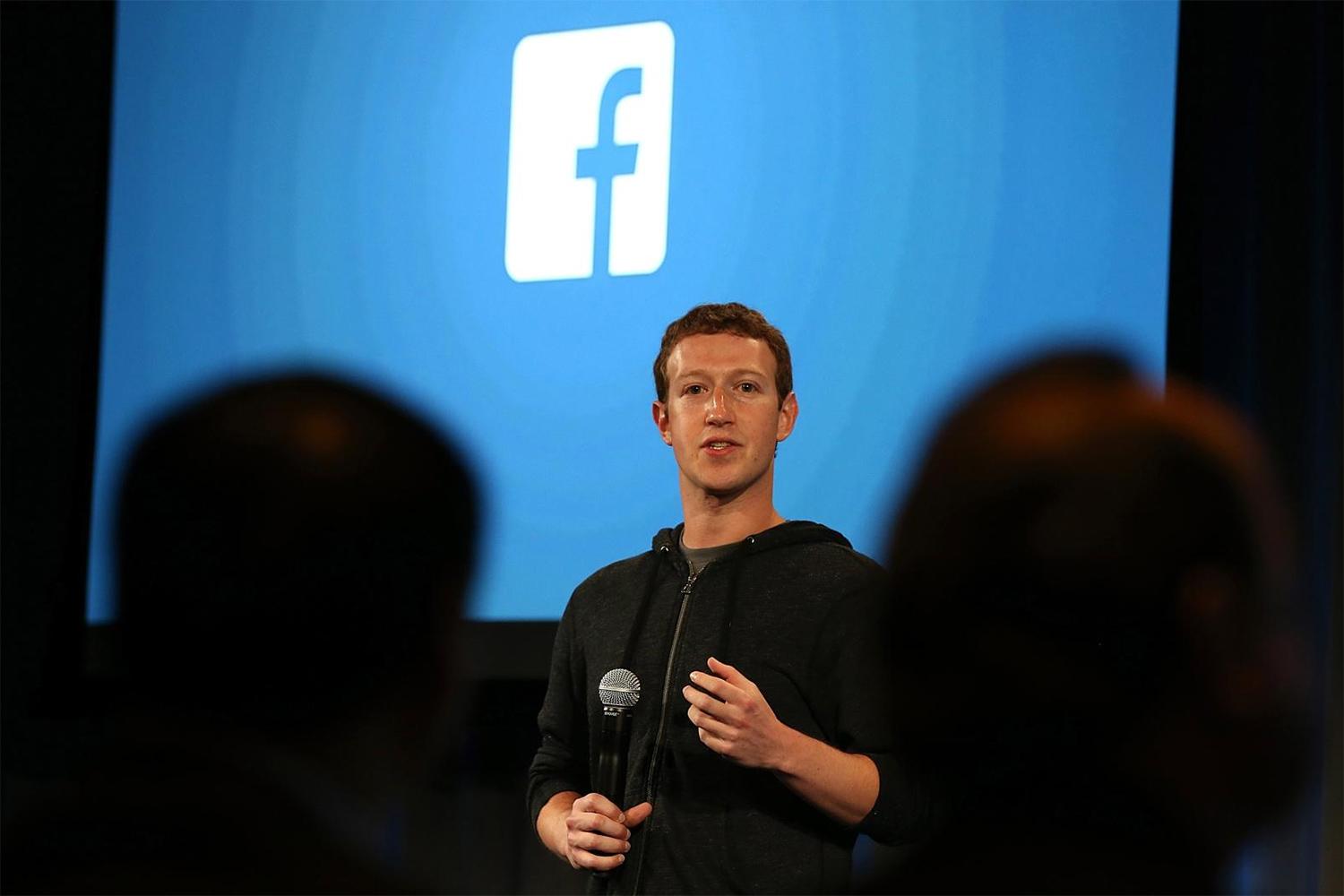
Free Basics by Facebook, which allows users to access specific sites (including the social network, of course) via a free mobile app without draining their data, has thus far been launched in 49 countries.
Despite flourishing in parts of Africa, the initiative suffered a major blow earlier this year when it was banned in India after the country’s communications watchdog declared it in violation of net neutrality principles.
In order to avoid any such backlash on its home turf, Facebook has proposed the idea to White House officials in an effort to rally support, according to The Washington Post. The company is also in talks with smaller, rural cellular carriers, which will be integral to the program’s implementation. The aim is to target low-income Americans and those located in rural areas who do not have access to high-speed internet or lack connectivity.
“While we have nothing to announce,” the company said in a statement, “Facebook’s mission is to connect the world and we’re always exploring ways to do that, including in the United States.”
Essentially, Facebook wants to divert attention from its zero-rating app and focus on the benefits of the program for Americans in underserved locations. The company likely fears the ire of consumer advocates who argue that zero-rating (when a carrier does not charge customers for data, so long as they use certain applications and services) goes against net neutrality principles — which call for equal access to all content sources.
This may explain why Facebook has reportedly avoided striking up partnerships with national carriers such as T-Mobile and AT&T, both of which offer their own zero-rating services. In June, around 100,000 internet advocates sent letters to the Federal Communications Commission (FCC) urging it to cover zero-rating under its net neutrality guidelines. The agency has not yet decided on whether it will take action.
Facebook has learned from its embarrassing India debacle, and in that country has switched to offering a paid Wi-Fi service with the approval of the government. It now also allows any third-party organization to sign up to Free Basics if it is willing to provide a pared-down version of its service that won’t drain excessive mobile data.


